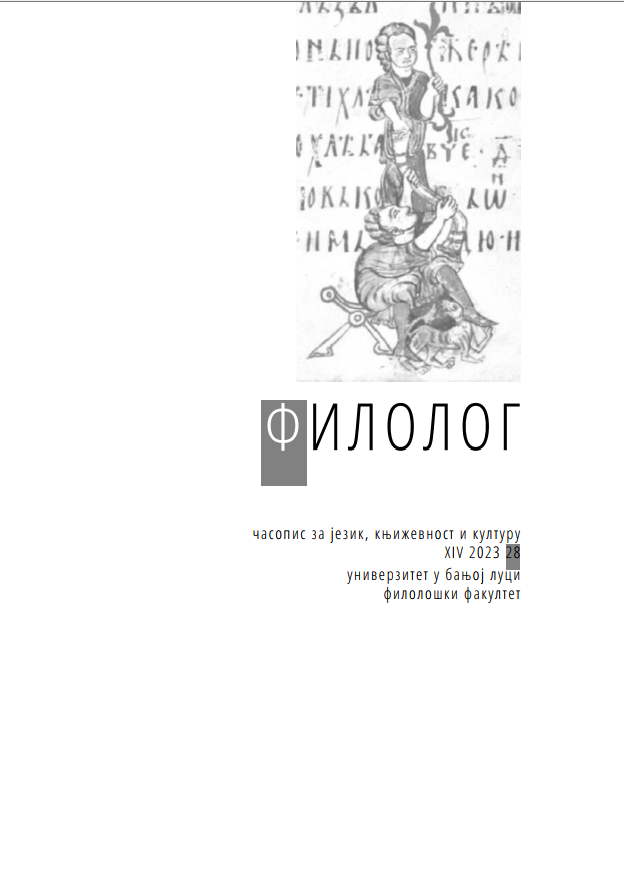ДЕФИНИСАЊЕ ИСТОВЕТНИХ ЛЕКСЕМА У ОНЛАЈН РЕЧНИЦИМА: СТУДИЈА СЛУЧАЈА О ТРИ ПОПУЛАРНА ЕНГЛЕСКА ЈЕДНОЈЕЗИЧНА РЕЧНИКА
DEFINING THE SAME LEXEMES IN ONLINE DICTIONARIES: A CASE STUDY OF THREE POPULAR MONOLINGUAL ENGLISH DICTIONARIES
Author(s): Milan Todorović, Natasha A. SpasichSubject(s): Foreign languages learning, Lexis, Philology, ICT Information and Communications Technologies, Distance learning / e-learning
Published by: Филолошки факултет Универзитета у Бањој Луци
Keywords: lexicography; internet dictionary; online dictionary; English language; comparison; Oxford English Dictionary; Longman; Merriam Webster;
Summary/Abstract: In this paper we presented the different ways in which three monolingual online English dictionaries (Longman Dictionary of Contemporary English Online, Oxford Learner’s Dictionaries and Merriam-Webster Dictionary) define the same lexemes that belong to different language levels (from A1 to B2). Aside from the formal elements present in all of the (online) dictionaries – part of speech, pronunciation, examples, register, pictures and synonyms, we highlighted the very nature of the definitions. We studied two lexemes for each of the language levels. When analising individual examples we employed the descriptive method, while the comparison method was used to point out the key differences in which these dictionaries define concepts such as: artist, government, immortal, meanwhile, etc. The aim of the analysis and comparison was to highlight which of the aforementioned dictionaries would be suitable for high school students to use when learning English as a foreign language. We came to the following conclusions – Longman and Oxford dictionaries break down the more complex meanings into digestible instances and use language that is appropriate for the language level of the desired lexeme. Webster’s dictionary is more formal and often uses sentence patterns and words that are above the language level of the target lexeme.
Journal: Филолог – часопис за језик, књижевност и културу
- Issue Year: 14/2023
- Issue No: 28
- Page Range: 209-224
- Page Count: 16
- Language: Serbian

